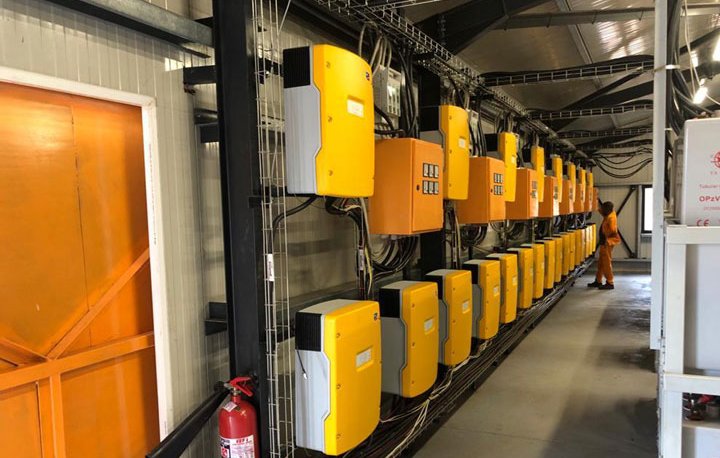Mozambique’s electricity grid is under mounting pressure from extreme weather events, with floods and droughts repeatedly damaging hydro-generators, transmission lines, pylons, and transformers. These disruptions have far-reaching consequences, particularly for rural clinics where cold storage for vaccines and medicines is critical. In places like Mavumira, a village in Sofala province, power outages have jeopardized healthcare delivery, forcing nurses to discard temperature-sensitive drugs during prolonged blackouts. With only 40% of the population connected to the grid as of 2022, and nearly one in five government-run clinics lacking electricity as recently as 2021, the country faces a severe energy access crisis compounded by climate volatility.
Cyclone Idai in 2019 exposed the fragility of newly electrified health facilities, plunging Mavumira’s clinic into darkness just months after it was connected to the national grid. The storm’s devastation underscored the vulnerability of hospital infrastructure and the urgent need for resilient energy solutions. Renewable energy and climate researcher O’Brien Nhachi warns that Mozambique, with 60% of its population living on low-lying ground, now exists under a “permanent threat of climate disaster.” In response, the government and its international partners have accelerated the deployment of solar-powered backup systems to safeguard medical supplies.
Since late 2020, clinics like Mavumira have benefited from solar battery-powered fridges, which have proven vital during outages. These systems, often powered by Chinese-made lithium-ion batteries and rooftop solar panels, are transforming healthcare delivery in off-grid and low-income areas. They support mini-grids that power fridges, lighting, and even cooking stoves, offering a lifeline to communities during climate-induced disruptions. For head nurse Tecla Doso, the solar backup has alleviated the stress of losing critical medicines. “Vaccine and meds storage was becoming a headache each time electricity was down due to extreme rains,” she says.
Local residents like Tozano Fusire, a mother and part-time clinic volunteer, recall the heartbreak of discarding spoiled vaccines after Cyclone Idai. But the installation of solar fridges has changed everything. “Even when Cyclone Freddy struck in 2023, and I had just given birth, and the electricity went out for two weeks, we still got vaccines for my third child because the solar battery-powered fridges kept humming at our clinic and our meds were fresh,” she shares. The government has since expanded the program, equipping 25 of Sofala’s 146 public health facilities with solar backup systems, with plans for further rollout.
Today, nurses are trained to swiftly transfer vaccines from grid-powered fridges to solar units during outages, minimizing temperature fluctuations and preserving drug efficacy. The initiative not only ensures continuity of care but also empowers healthcare workers with technical skills in vaccine security. As Nhachi notes, solar-powered fridges are a win-win for rural Mozambique—protecting public health, building climate resilience, and offering communities a reliable buffer against the unpredictability of extreme weather.
